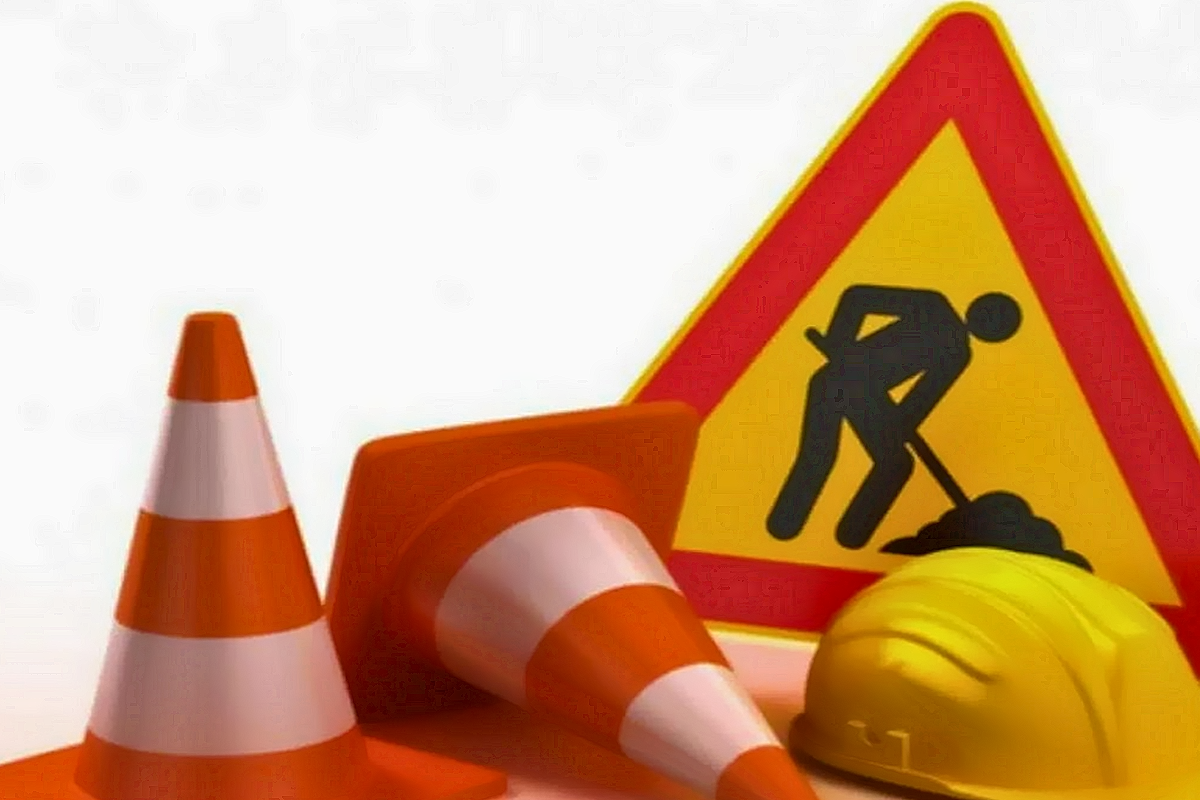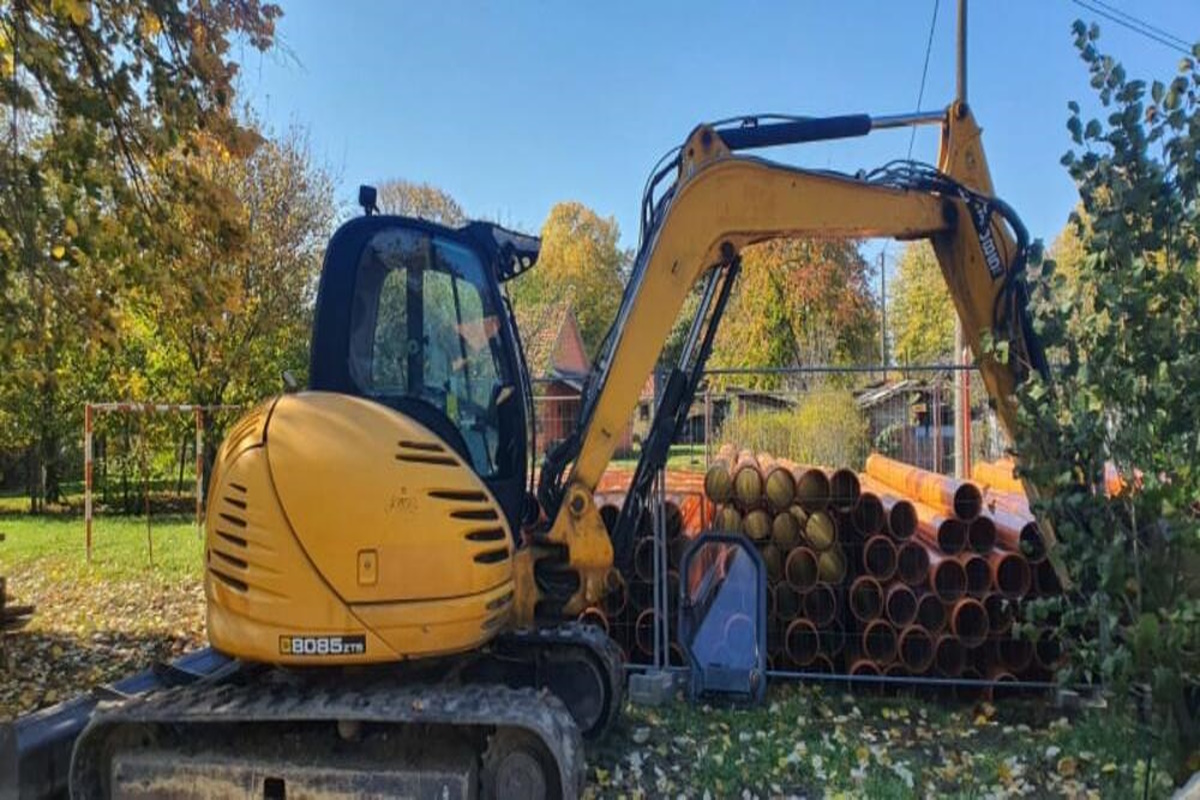The problem of an unregulated sewage network in many areas is not just an issue of municipal infrastructure, but also a serious health risk for the population.
Unregulated wastewater disposal increases the possibility of exposure to harmful microorganisms. The most common health consequences are associated with the presence of viruses, bacteria, and parasites that spread through contaminated water and air.
Viral infections, such as gastroenteritis or even polio, can cause diarrhea, vomiting, stomach pain, and other serious symptoms.
Among bacterial infections, campylobacteriosis and E. coli infection are particularly dangerous, as they can lead to severe conditions, including kidney failure.
Parasitic infections, which are common in unhygienic conditions, should also not be overlooked. The most well-known are cryptosporidiosis and giardiasis.
Cryptosporidiosis is caused by the parasite Cryptosporidium, which spreads through contaminated water, even in swimming pools. Symptoms include watery diarrhea, stomach pain, nausea, and fatigue. The infection is particularly dangerous for individuals with weakened immune systems.
Giardiasis, on the other hand, is caused by the parasite Giardia lamblia, and is primarily transmitted through contaminated drinking water. It causes prolonged diarrhea, bloating, gas, and significant loss of appetite and body weight.
Laboratory tests in areas without adequate sewage systems often confirm the presence of fecal bacteria and pathogens such as Pseudomonas aeruginosa, which in unhygienic conditions can cause serious infections of the skin, respiratory tract, and urinary tract – particularly in individuals with weakened immune systems, further confirming the urgent need to address this issue.
Given all of the above, resolving the sewage system issue must be a priority for local and national authorities. Serbia is currently addressing this challenge through the national project “Clean Serbia,” which aims to improve infrastructure and build systems for the collection and treatment of wastewater in over 70 municipalities across the country.











